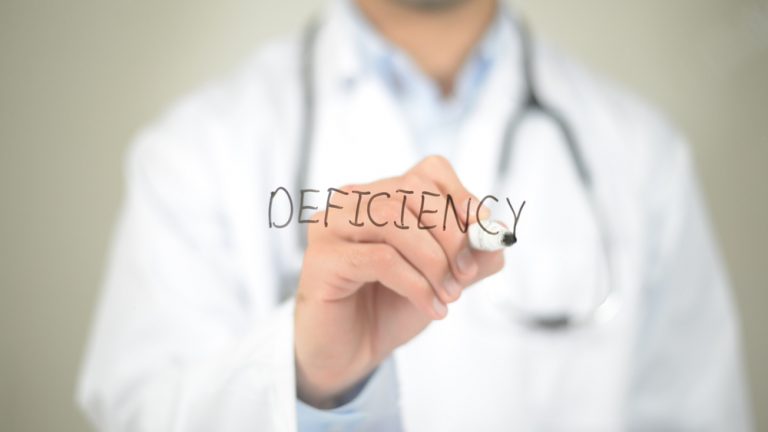The modern diet, also often called a western diet, consists mainly of acid-forming products, i.e. meat, dairy products, cereals and highly processed food. However, the consumption of vegetables and fruits, which have an alkaline effect in the body, is not sufficient. Acid or alkaline production of food depends on the way it is metabolized and the content of specific minerals in products.
pH of blood
Since the pH of the blood must be properly constant (otherwise there is a serious health disorder), consumption of too much acidifying food causes the intake of alkaline minerals from bones and muscles to equalize the pH. According to scientific research, the proportion of potassium and sodium intake is crucial in this matter. We should supply more potassium and less sodium with our diet. A diet with a high proportion of fruit and vegetables (alkaline food) has a positive effect on bone mass and prevents muscle loss.
Excess sugar - not enough B vitamins
The digestion and metabolism of sugar take place with many minerals and B vitamins. In the case of sugar naturally contained in food products, such as fruit or cereals, this condition is not dangerous, because real food contains mineral salts and vitamins that the body can use.
The problem particularly concerns the consumption of sugar added to products and highly processed foods such as sweets, sweet drinks, ready meals and sauces. They are very poor in nutrients, and to metabolize huge amounts of refined sugar a body must use its own resources of B vitamins, calcium, magnesium and chromium.
Excess dairy products - the risk of calcium deficiency
When we think about sources of calcium, most people will be the first to think about milk and dairy products. Indeed, dairy is a good source of calcium, but it is increasingly certain that it contributes to the loss of this element from bones, not to their mineralization. The recommended daily dose of 1000 mg calcium is found in 2 glasses of milk and 2 slices of yellow cheese. In a western diet rich in dairy products there is usually no problem with eating such amounts. However, osteoporosis affects every third woman over 50 years of age, mainly in developed countries.
Why dairy can be unhealthy for bones
- It usually contains a lot of protein, which has an acidifying effect. In order to even out the pH, calcium is released from the bones. Studies show that by eating 95 g of animal protein and 1400 mg of calcium per day, 30 mg of this element is lost.
- It contains a lot of phosphorus (in cottage cheese twice as much as calcium), which in excess promotes calcium leaching.
- It contains sodium, which increases the excretion of calcium. For every 1 g of sodium excreted by the kidney, there is 26 mg of excreted calcium.
Alcohol - low electrolyte levels
In the simplest terms, alcohol causes increased urine excretion, which leads to dehydration, and ultimately to disturbances in minerals and electrolyte level. This is the cause of the so-called hangover. Alcohol inhibits the action of vasopressin hormone, which prevents excessive excretion of fluids and mineral salts. Therefore, there is a loss of electrolytes - sodium, potassium, magnesium and calcium.
In addition, alcohol abuse leads to abnormal absorption of B vitamins, increased excretion of vitamin A and carotenoids. Alcohol is one of the food products that have the strongest effect on the rinsing out of mineral salts from the body in a short time.






